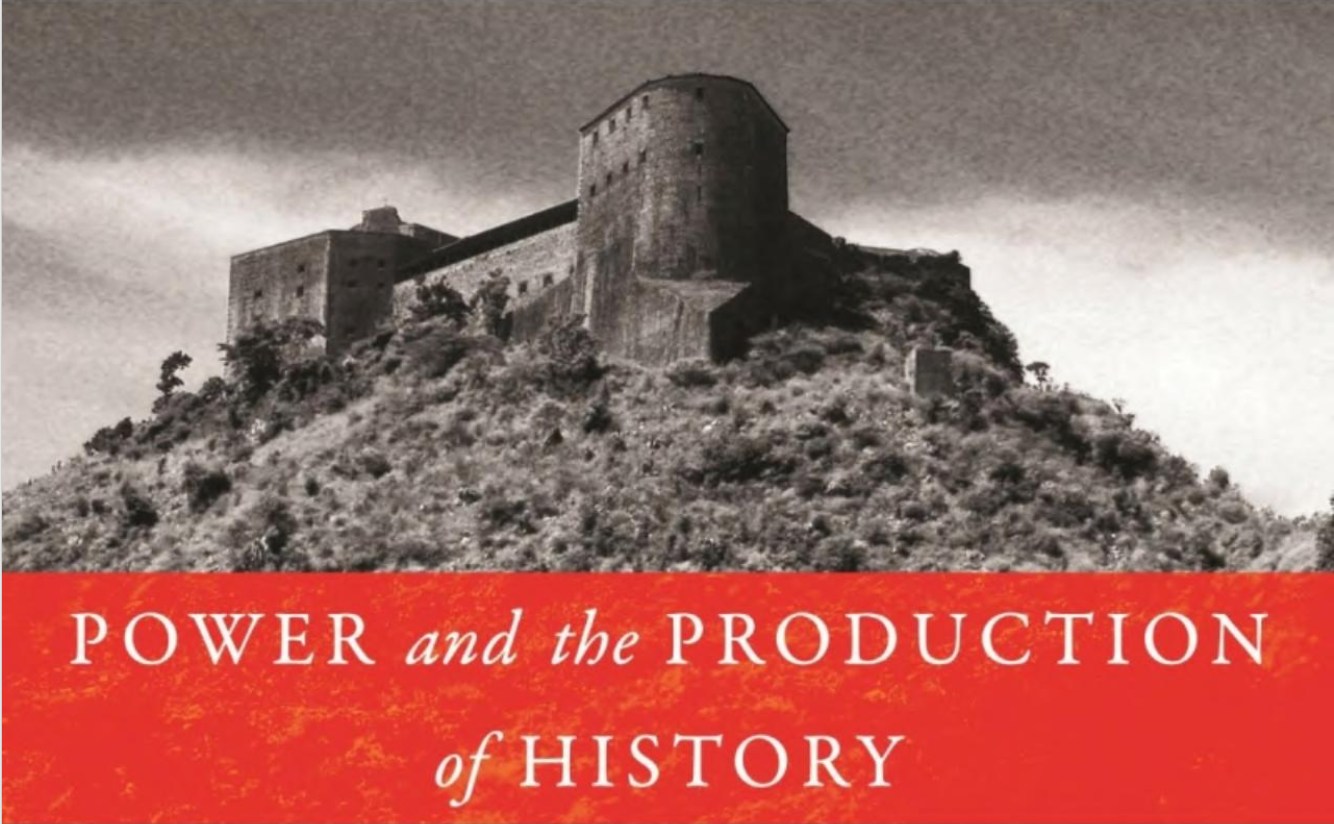Silencing the Past: Power and the Production of History is a 1995 history book by Haitian historian Michel-Rolph Trouillot.
Silencing the Past: Power and the Production of History by Michel-Rolph Trouillot is a groundbreaking book that explores the ways in which history is constructed and the power dynamics that shape it. The book, first published in 1995, remains a seminal work in the field of historical studies and continues to be widely read and discussed by scholars and students alike.
Trouillot argues that history is not simply a neutral record of past events, but a product of the social, political, and economic structures of the present. He contends that the way in which history is written and the stories that are told reflect the interests and perspectives of those in power. In other words, history is not just about the past, but also about the present and the future.
One of the key themes of the book is the concept of silencing. Trouillot argues that the histories of marginalized groups, such as enslaved people, indigenous peoples, and colonized peoples, are often silenced or ignored. He contends that these silences are not accidental but are instead the result of deliberate efforts by those in power to maintain their dominance.
This means that the stories of these marginalized groups are not being told or represented in the same way as the stories of those in power. The lack of representation and inclusion of these groups in the historical record is not a neutral process but is instead shaped by the interests of those in power. This can lead to a distorted view of the past and a failure to understand the experiences and perspectives of marginalized groups. This is one of the main arguments of the book, and Trouillot uses examples and evidence to support his claims.
Trouillot also examines the ways in which power is used to shape the way history is told. He argues that the selection of certain events and individuals to be included in the historical record is not a neutral process but is instead shaped by the interests of those in power. This can lead to a distorted view of the past and a failure to understand the experiences and perspectives of marginalized groups.
This can take the form of censorship, suppression of dissenting voices, or the selective promotion of certain narratives. The silencing of certain groups or perspectives can serve to maintain the status quo by reinforcing dominant power structures and marginalizing those who challenge them.
Throughout his writing, Trouillot goes on to discuss how historical production is facilitated in our society. History can be controlled by those who share and retell it. Trouillot states that “the inequalities experienced by the actors lead to uneven historical power in the inscription of traces.” As a student, we have grown up reading history textbooks that tell us their version of history, the way they want to tell it.
The West was created somewhere at the beginning of the sixteenth century in the midst of a global wave of material and symbolic transformations. The definitive expulsion of the Muslims from Europe, the so-called voyages of exploration, the first developments of merchant colonialism, and the maturation of the absolutist state set the stage for the rulers and merchants of Western Christendom to conquer Europe and the rest of the world. This historical itinerary was political, as evidenced by the now well-known names that it evokes—Columbus, Magellan, Charles V, the Hapsburgs, and the turning moments that set its pace—the reconquest of Castile and of Aragon, the laws of Burgos, the transmission of papal power from the Borgias to the Medicis.
from the book.
These political developments paralleled the emergence of a new symbolic order. The invention of the Americas (with Waldseemuller, Vespucci, and Balboa), the simultaneous invention of Europe, the division of the Mediterranean by an imaginary line going from the south of Cadiz to the north of Constantinople, the westernization of Christianity, and the invention of a Greco-Roman past to Western Europe were all part of the process through which Europe became the West.4 What we call the Renaissance, much more an invention in its own right than a rebirth, ushered in a number of philosophical questions to which politicians, theologians, artists, and soldiers provided both concrete and abstract answers. What is Beauty? What is Order? What is the State? But also and above all: What is Man?
One such writer is Howard Zinn, who argued in his book “A People’s History of the United States” that traditional histories have often ignored or marginalized the voices and experiences of oppressed and marginalized groups. He believed that by giving voice to these groups and telling their stories, a more complete and accurate picture of history can be created.
Similarly, Edward Said argued in his book “Orientalism” that the way in which Western scholars and writers have depicted the cultures and histories of the Middle East and other non-Western societies has been shaped by colonialism and a desire to justify Western domination and superiority.
Silencing the Past is a thought-provoking and insightful book that challenges traditional notions of history and the ways in which it is constructed. It is a must-read for anyone interested in the ways in which power and politics shape our understanding of the past. Trouillot’s work continues to be highly relevant today and continues to be a key reference for scholars working in the field of historical studies.








